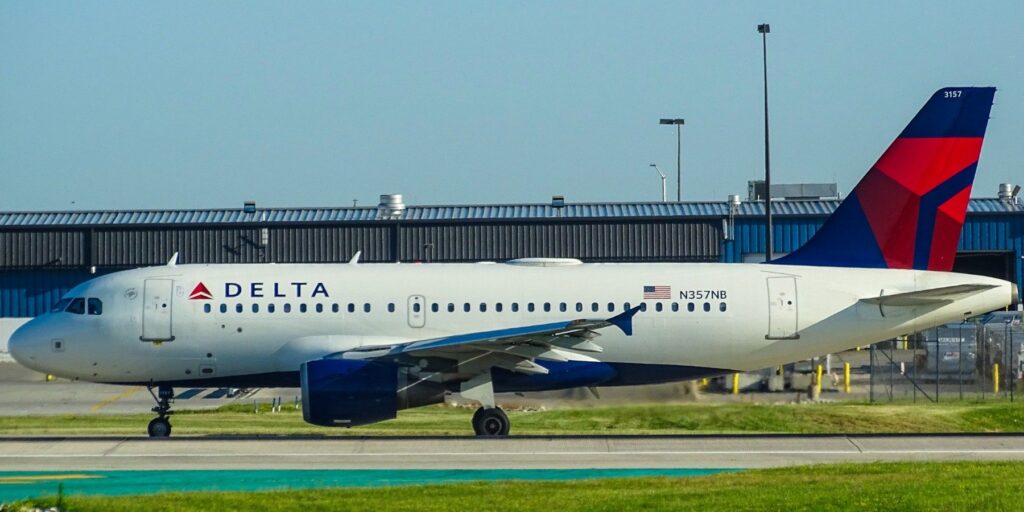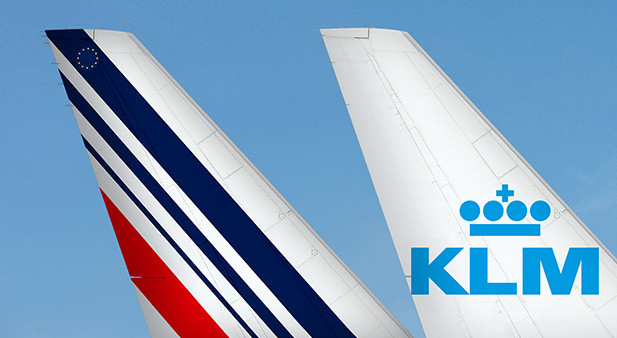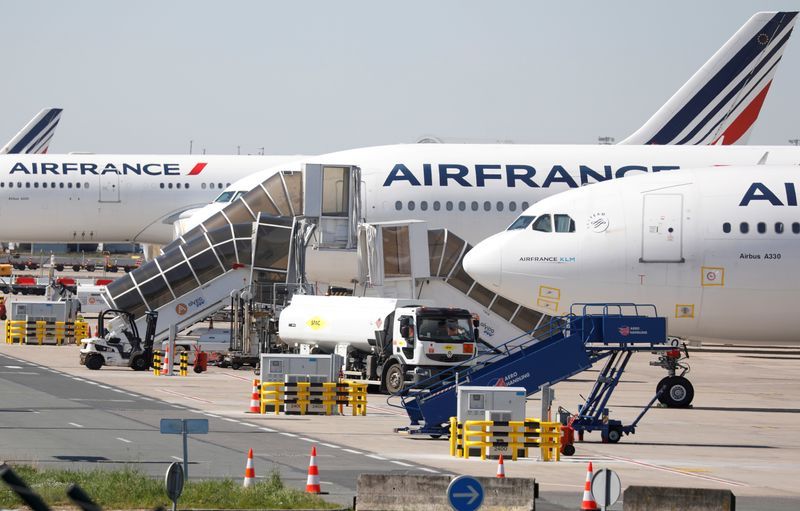Delta Launches $6.5 Billion Debt Deal Backed by Frequent Flyer Program
CHICAGO, Sept 14 (Reuters) - Delta Air Lines said on Monday it is seeking to raise $6.5 billion through new bonds and loans backed by its SkyMiles loyalty program, further bolstering liquidity to weather a…


